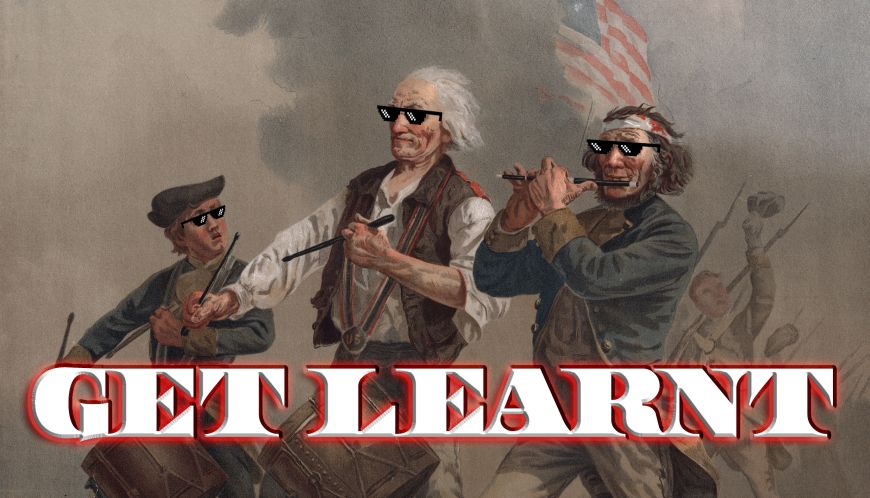Nearly every American child at one point during their primary education was made to sing at least the first verse of the song Yankee Doodle. And though we may have dutifully sung it, few of us knew at the time, or know now, what the song is about.
First, a refresher.
If you aren’t familiar with the song, take a moment to listen to the first minute or so.
If you’re not inclined, or not able, to play the video, here’s the first verse:
Yankee Doodle went to town
Riding on his pony
Stuck a feather in his cap
And called it Macaroni
Let’s unpack.
Yankee Doodle
The word “Yankee” has a different meaning based on where one uses it, and when it was used. Today, outside the US, the word refers to a resident or citizen of the United States. Within the US, the word is used to describe someone from the New England area. Within the southern US, the word is pejorative and has been since before the American Civil War.
Before the American Revolution, the word was used by the British as both a pejorative and as a catch-all term for anyone from the colonies. Among the colonists, the word tended to refer to residents of the New England area, especially Dutch colonists. No one is certain of the origin of the word but there have been many theories over the years.

Doodle has been a part of the English language since the 1600s. It most likely comes from the German language and originally meant “fool” or “simpleton.”
So now we can make sense of the first line. Yankee Doodle is a stupid American who lives outside of town. A country bumpkin.
Riding on his pony
He’s poor. He can’t even afford a horse to ride on.
By now we should be picking up on the fact that this is essentially an 18th century diss track.
Feathers and Macaroni
To understand this last bit we have to understand life in England in the mid 18th century. At the time it was common for the children of the well-to-do to tour continental Europe for a year. When they would return to London, they would bring the styles and affectations they found with them. One of these things was a penchant for men’s fashion which would manifest itself in the Dandy subculture. Another was a deliciously exotic Italian dish called macaroni. This appetite for macaroni would go on to lend its name to the style of dress used by the dandys.
Back to the song. So this poor, stupid colonial rides into town, sticks a feather in his cap as an affectation, and is such an uncultured swine that he thinks it makes him fashionable. A modern version might read:
Buster Scrubs went to town
In his wrecked jalopy
Put some foil on his teeth
And thought that it was poppin’
Diss track to anthem
The tune to Yankee Doodle has been around since at least the 1400s but it was in the middle of the 18th century when Dr. Richard Shuckburgh penned the words that would evolve into the song we know today. It was the middle of the Seven Years War and Dr. Shuckburgh’s intent was to belittle the colonial soldiers under his command.
But it was a famous tune, it was popular, and it was easy to dance to. Rather than be insulted by the song, the colonial Americans adopted it and remixed it. By the time the American Revolution was underway it had turned into a patriotic song.
According to the Journal of the American Revolution, when the British marched out to surrender after the Battle of Yorktown, they refused to look at the victorious American army. George Washington’s homeboy, and honorary American citizen, the Marquis de Lafayette wasn’t happy about this. He ordered his band to play Yankee Doodle, turning a dignified British retreat into a walk of shame.

In the space of fewer than 50 years the meaning of the song was turned on its head. Although today Yankee Doodle is known by nearly all Americans, most have no idea of the meaning and history behind the words. Still, it has survived for over 200 years and will likely be sung well into the future.
